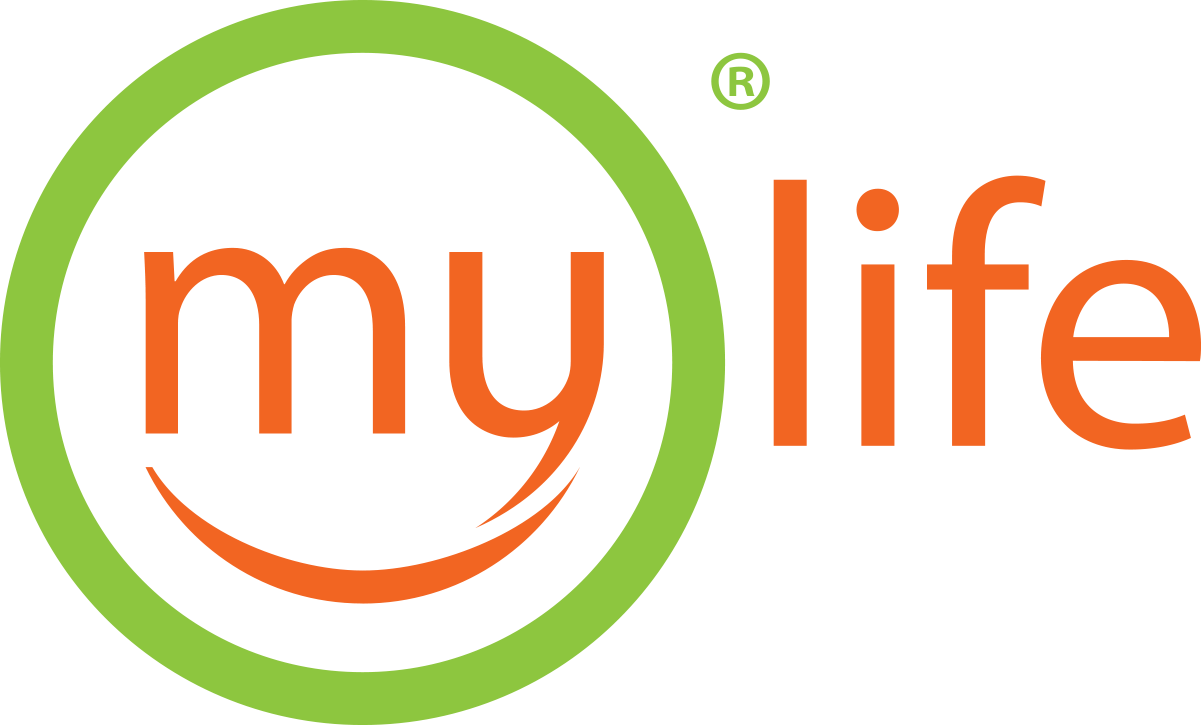March 19 2021 marks World Sleep Day.
World Sleep Day is an initiative by the World Sleep Society advocating for better prevention and management of sleep disorders and educating the public on the importance of sleep for overall quality of life and good health.
The National Sleep Foundation recommends the following hours of sleep based on age for optimal wellbeing and functionality:
Newborns (0 – 3 months): 14 – 17 hours
Infants (4 – 11 months): 12 – 15 hours
Toddlers (1 – 2 years): 10 – 13 hours
Pre-schoolers (3 – 5): 10 – 13 hours
School-age children (6 – 13): 9 – 11 hours
Teenagers (14 – 17): 8 – 10 hours
Adults (18 – 64): 7 – 9 hours
Older Adults (65+): 7 – 8 hours
Yet for so many of us, and for so many reasons, these sleep goals can often be out of reach.
The side effects of poor sleep quality and duration are at a real detriment to everyday life. Issues such as reduced alertness, shortened attention span, slower reaction times and poorer judgment can all add up to serious problems in our day-to-day lifestyle including operator error, general reduced efficiency and a higher possibility of making mistakes. In children, lack of sleep is often linked to poorer concentration, naughtiness, and distracting others, as well as a higher risk of developing disorders such as depression and ADHD.
So, how can we achieve better sleep hygiene?
Our top tips are below:
1) Make gradual adjustments to your sleep schedule – an hour or two at a time.
2) Have a fixed wake up time regardless of weekday or weekend.
3) Avoid naps for optimal sleep overnight.
4) Avoid spicy food, alcohol, caffeine, high acidity and high sugar content food before bed.
5) Set a nightly sleep routine for yourself.
6) Avoid electronics half an hour to an hour before bed. The blue light and mental stimulation caused by electronics when the body is trying to wind down is detrimental to your sleep routine.
7) Try methods of relaxation – meditation, mindfulness and strategic breathing are common. Reading a book under dim light is also a tried and tested relaxation method for some.
8) If necessary, speak to your doctor or naturopath about natural sleep aids such as Melatonin, Magnesium and other combinations. Valerian, Hops, Chamomile and Passionflower are common in natural sleep vitamin formulations.
Overall, a better night’s sleep is more than just ticking a box. It is a vital part of our day-to-day functionality as well as our health and wellbeing. When people achieve good sleep hygiene they are at much less risk of heart disease, stroke, type 2 diabetes, depression, inflammation and lessened immunity (all of which can be partly attributed to poor sleep quality), as well as weight gain and overeating. Sleep is just as important to our health as the food we choose to eat and the exercise we choose to undertake. It’s mental, it’s physical, and it is of paramount importance to a happier, healthier life.
References:
https://www.smh.com.au/lifestyle/sleep-requirements

